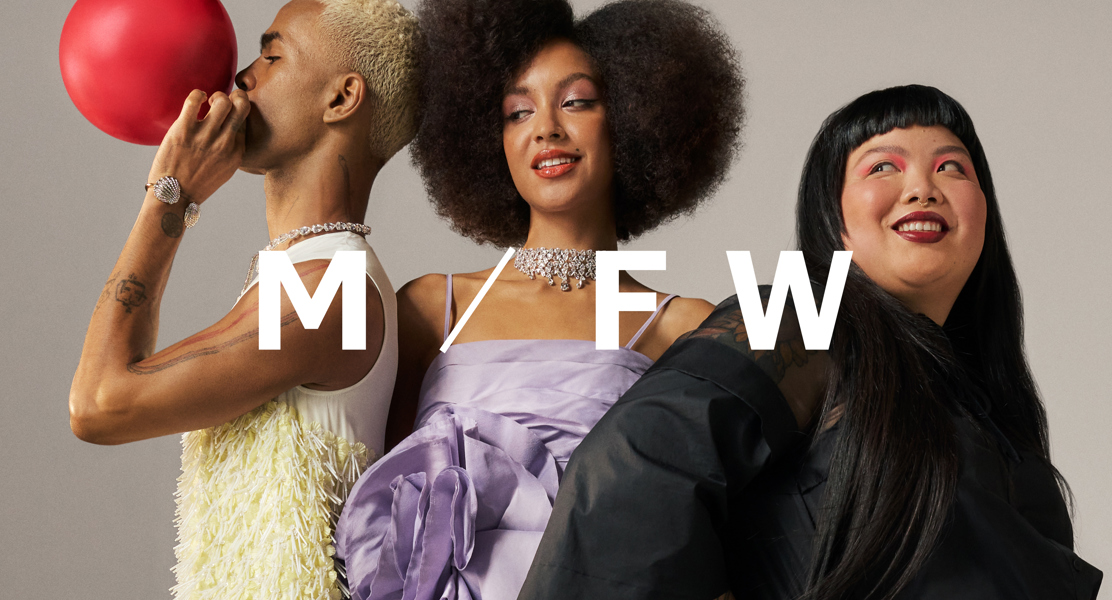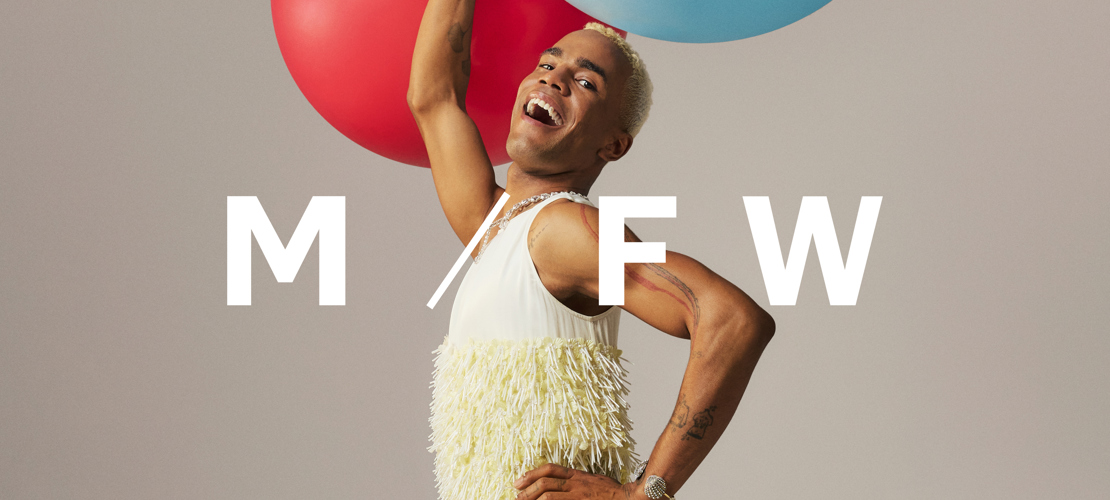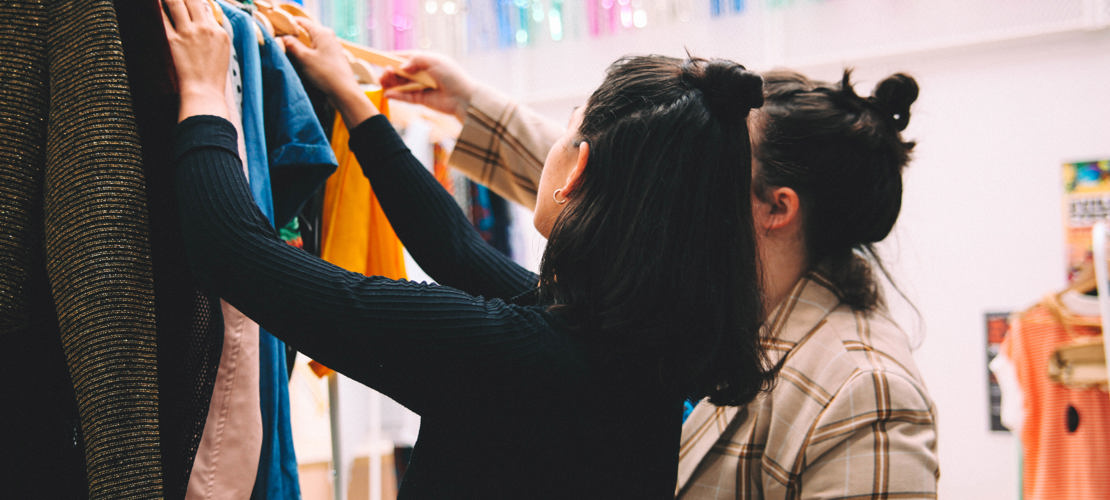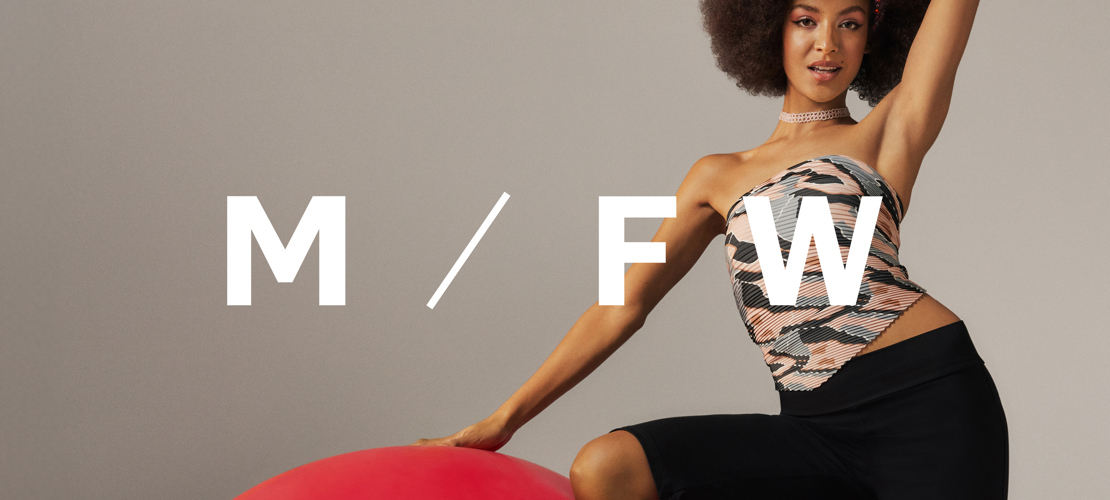
Author
Collarts x M/FW
Reading Time
5 minutes

Australia’s fashion industry has a bright, sustainable future, and every day we move a little bit closer to it.
According to research conducted by global shoe retailer Public Desire, the annual revenue of Australia’s slow fashion market has crept up to nearly $2 billion this year.
While that still makes up only a small chunk of the industry’s earnings, it’s a sign of positive growth in an inspiring direction.
This industry evolution is due in some part to changes in general consumer mindsets, as shoppers become more and more concerned with how their clothes are made. A 2023 survey conducted by the Monash Business School showed that 51% of Australians viewed sustainability as an important factor in making retail purchases. The same study reflected a growing willingness to pay more for products that were ethically produced, durable and repairable.
These shifting consumer attitudes have an impact on the industry as a whole, encouraging smart, forward-thinking brands to adopt and promote the sustainable practices their customers are seeking out.

Collarts and Melbourne Fashion Week are both built upon a desire to promote and encourage innovative, forward-thinking creatives. Each year, Melbourne Fashion Week’s program puts greater emphasis on sustainable fashion, incorporating new runways and events that champion a brighter fashion future.
Collarts contributes to the industry’s evolution by teaching and supporting the next generation of fashion designers and industry professionals. Our Fashion & Sustainability and Fashion Marketing courses produce graduates with vision, drive and a passion for change – all ready to step out into the global fashion landscape and make magic happen.
This shared passion for the intersection of creativity and sustainability is what makes our ongoing collaboration with Melbourne Fashion Week such a fantastic fit.

As part of this year’s program, Collarts and Spring Place are presenting the first-ever M/FW Re:Fashion marketplace. The four-day event is designed to showcase small Australian designers and sustainable businesses, all while emphasising the need for a circular fashion future.
Circular fashion acknowledges that the end of a garment’s life is just as important as its beginning. By considering what happens to clothes once a customer is done with them, designers can reduce the amount of waste created by the fashion industry. Circular fashion celebrates the use of recycled materials, as well as how garments can be passed on, disassembled and repurposed as they age.
Recycling, repurposing and rehoming garments has become a growing priority throughout the industry, changing the way that designers design and consumers consume. Research commissioned by eBay Australia this year showed that pre-loved clothing was a dominant trend across the country.
70% of Australians surveyed said they owned at least one pre-owned item of clothing, while 40% said they try to buy most of their clothes secondhand.
To encourage this slower, more sustainable approach to retail consumption, Collarts Fashion Marketing students are curating a clothing and service swap within the M/FW marketplace. Guests are encouraged to bring pre-loved clothing to trade with each other, as well as swapping creative services like photography, styling and graphic design.
Fashion Marketing Program Leader, Debbie Pratt, says of the exciting event,
“Clothes swaps play a crucial role in reducing waste, encouraging ethical consumption, and supporting the transition towards a more sustainable fashion system. We are committed to building a more sustainable fashion community by offering small-scale, community-driven enterprises an opportunity to barter and swap their services.”
As well as the clothing swap, Collarts’ partnership with M/FW involves a number of sustainability-driven workshops, exhibitions and initiatives that follow the theme of ‘Colourful, Sustainable, Immersive’. This includes the Threads Regenerated marketplace, which celebrates Collarts’ partnership with not-for-profit organisation Thread Together.
Thread Together collects end-of-line clothing from over 1000 retail brands that would have gone straight from a factory to landfill, distributing it instead to people in need across Australia. To bring this important mission to light, students from the Fashion & Sustainability course will present one-of-a-kind garments created using excess stock from the organisation’s donations.
“Threads Regenerated is an opportunity for the public to connect with our future fashion industry innovators,”
explains Fashion & Sustainability Program Leader, Meg Parry. “It will be an engaging retail experience which promotes the exchange of personal processes, stories and craftsmanship. Through this event, we’re highlighting the importance of social responsibility through our practices and innovation for a more sustainable future.”
Finally, RE:Fashion will host a number of skill-sharing workshops. This includes The Healing Stitch, where guests are invited to extend the life of pre-loved clothing using techniques like darning, patching and embroidery.
Other workshops focus on restyling the garments that are already within your wardrobe as opposed to regularly buying new things. These workshops explore how emerging tools and technologies can lead to a more resourceful and sustainable approach to fashion.
This reflects many of the vital skills taught throughout each Collarts Fashion course, where the priority is teaching ahead of industry trends to create innovative, career-ready graduates. Technology plays a huge role in our Fashion & Sustainability curriculum, where students are taught to use virtual showroom systems like CLO3D to exhibit and patent garments.
By advocating for the creative use of technology platforms, our aim is to reduce the physical, environmental impact of the fashion industry. Virtual showrooms, for example, eliminate the need for physical samples. This then eliminates transportation and travel costs for those garments, which lowers the industry’s carbon footprint.
